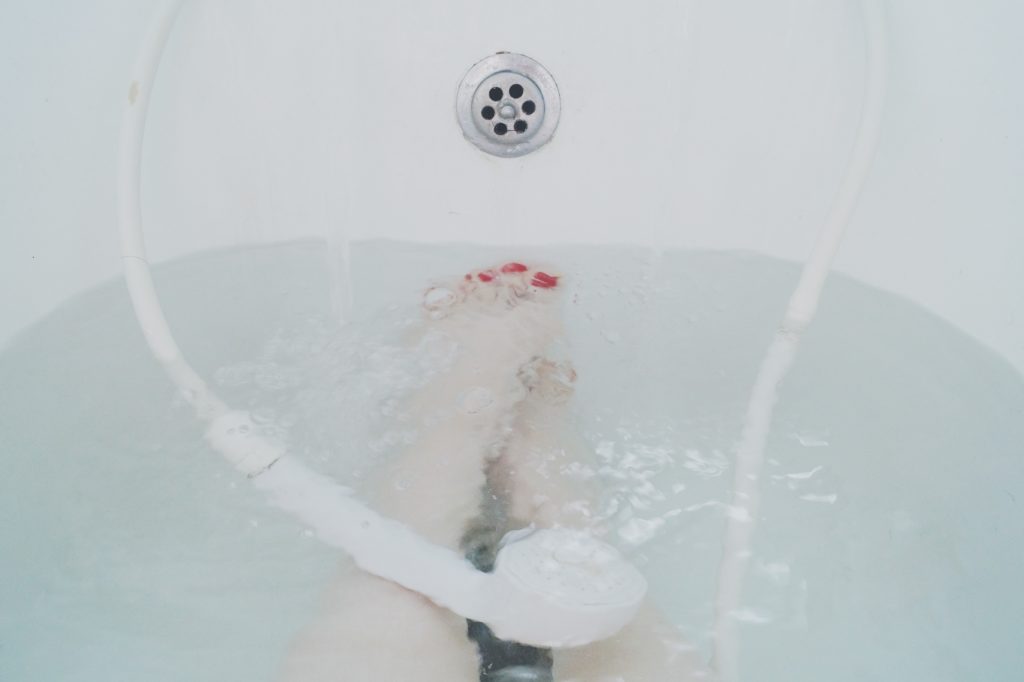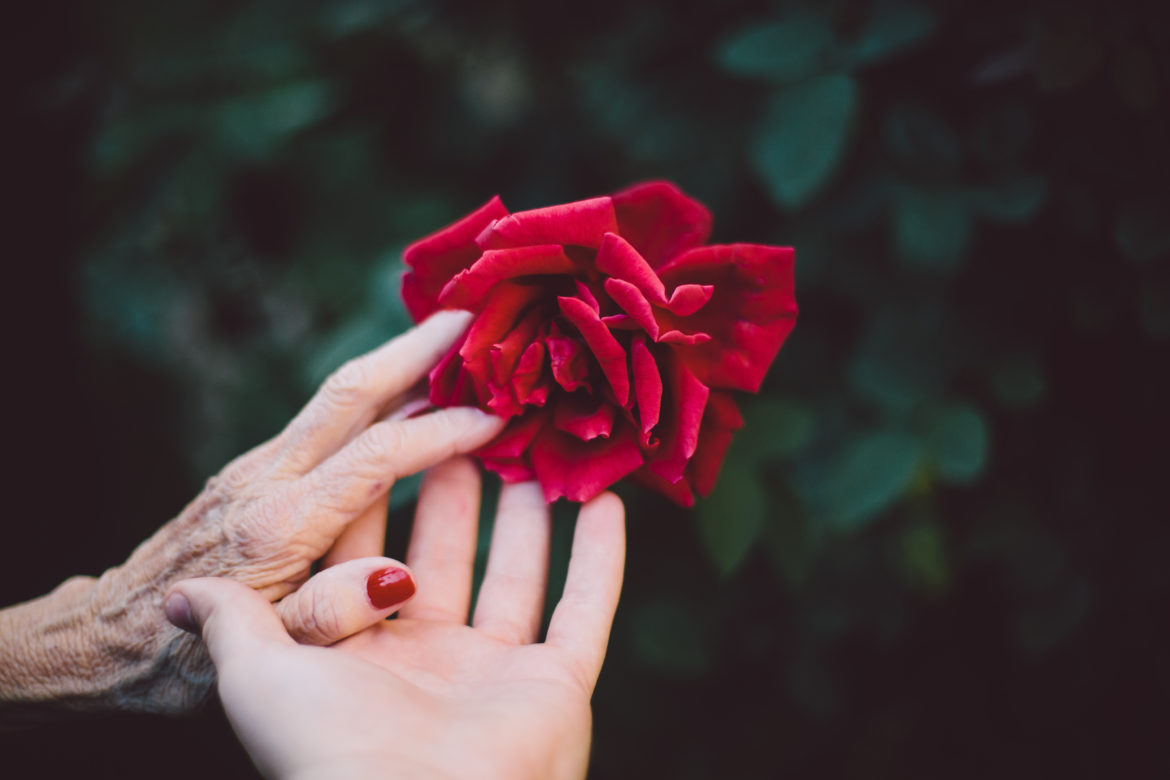A period is a normal, biological function that should not prohibit women from living out their normal lives. However, several myths still exist about periods that should be clarified. Here are a few:
- Tampons make you lose your “virginity.”
Inserting a tampon will typically not break a hymen, and should be painless. There are many physical activities that can tear, stretch, or break your hymen, but losing your virginity means having sex, not rupturing your hymen.
- Cycle should be every 28 days.
In adults cycles can range from 21-35 days. This varies as an adolescent or during menopause. Although the average cycle is 28 days, every woman is different and experiences different hormonal changes (which cause the duration of a menstrual cycle.) Additional factors that affect the cycle of your period include frequent irregular cycles, missed periods due to pregnancy or other reasons, and birth control.
- You can’t get pregnant if you have sex on your period.
Every time an individual engages in unprotected sex there is a chance of getting pregnant. Although it is unlikely, there is an opportunity for you to get pregnant on your period, even though ovulation occurs after your menstrual cycle has ended. Sperm can live in the vagina for up to five days. As a result, having sex towards the end of your menstrual cycle puts you at a higher risk for pregnancy.

- Don’t go in water or swim in the ocean while on your period. It can attract sharks.
Sharks are attracted to blood, but there is no evidence that women who are menstruating have a higher chance of getting attacked by sharks, or that they can smell menstruating women.
- Spending too much time with another female(s) makes your periods sync up.
The synchronization of periods is more of a coincidence than actual fact. A woman’s cycle is between 28-35 days. More than likely, two different cycles will end up intertwining, however there is no scientific evidence to justify this claim.
- Don’t wash your hair while on your period.
There is absolutely no evidence that suggests that this is bad for your health. Taking a long, hot shower, or warm bath may help relieve some menstrual cramps. Good hygiene is essential, especially while menstruating.

Photo by Karla Alexander on Unsplash
- You should rest a lot on your period because you lose a lot of blood.
On average, women lose between 30-40 ml of blood while on their period. That is about two to three tablespoons of blood. Menstruating is a natural occurrence, not the body’s way of punishing a woman (although cramps may feel like that sometimes.) Significant blood loss is not an issue to worry about.
- You shouldn’t exercise while on your period.
There is no indication that being active on your period can be detrimental to a woman’s health. Having a period should not disable you from engaging in regular or sport-related activities.
- PMS is not real (all in your head).
Premenstrual syndrome is a real condition that is caused by the body’s response to hormonal changes that occur before your period begins. This is normal, and occurs to most women before they get their period. However, sometimes PMS is used against women to undermine their credibility, and not take their emotions seriously.
Photo by Autumn Goodman on Unsplash
- Not bleeding as a result of your birth control is bad for you.
Some forms of birth control including the pill or an IUD may result in light periods, spotting, or no period at all after a certain amount of time has passed. Many women worry that this will cause some kind of harm to their bodies, however there is no medical reason for a period, and deciding to skip out has no negative medical outcomes.
By: Nadia Lopez

